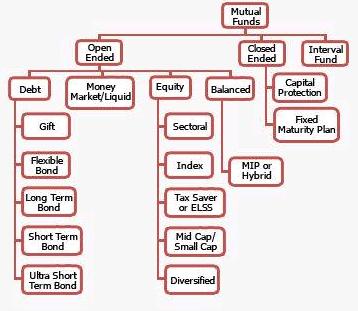
Starting a new venture or a business often comes with its own sets of challenges and having a solid budget plan in place is one of them. While the budget you plan in no manner would stay the same throughout, it is imperative that one has a threshold amount required to start and operate an organisation for a year or two.
Moreover, this budget plan is not only for you but is primarily aimed at investors who are willing to support your project and place their trust in it. Many investors often tend to ask company owners to showcase their startup budget for the next three years before they decide to invest in it. To safeguard yourself against any possible failures, it is often recommended to take the higher bar for expenses and lower one for profit as this allows you as well as your investors to have a bright look of future.
So, as you plan your startup budget here are a few things which you should account for and keep in mind:
1. Fixed Monthly Costs
Until and unless you chose to run a remote office, there are certain fixed costs which you would be incurring every month. These costs include office space rent, electricity bills, office supplies etc. While these costs appear small individually, when combined they tend to become a large part of your startup budget. Similarly, if you are hiring any outside help or are renting equipment etc. there would be some amount you would regularly be paying. The fixed monthly costs are the costs which you will be required to pay regularly each month.
2. Overhead Costs
These are the additional costs which you as a company would incur from time to time for the day to day operations. These costs include office supplies, Insurance, Vehicle Costs (if cab facility etc.), cafeteria supplies etc. Similarly, if you are involved in the production business, then you will find costs like machinery maintenance and repair to be acquiring some serious portion of your overall budget.
3. Variable Monthly Costs
These are the costs which will keep on changing from time to time. You wouldn’t be able to find an exact number on these costs and hence is recommended to take the higher range on this to get a correct estimate. Variable costs in a company primarily include production cost, or costs of shipping and or taxes, all of which can change over time.
4. Sales Projection

As you plan your startup budget, you ought to account for how much money you will be making in comparison to the money you would be spending. The difference of two should always be a positive number, given you are to turn your venture into a successful business. Try to determine the sales projection in the best as well as worst case scenario and the average of two should help you come up with a number which will help you decide if your business is worth starting or not.
These were the top four costs we believe an entrepreneur should consider while curating his startup budget. If you think there is something we left out, please free to mention them in the comment section below.












